


Medina has this incredible,peaceful energy that wraps around you the moment you step into the city. It’s a place where history and spirituality blend seamlessly with everyday life. Walking through its streets,you’re surrounded by the soft murmur of prayers and the gentle rustle of palm trees swaying in the warm breeze. The air carries a subtle mix of fragrant oud and freshly brewed Arabic coffee,inviting you to slow down and soak it all in. The heart of Medina is,of course,the Prophet’s Mosque,a breathtaking sight with its gleaming white domes and towering minarets. Even if you’re not there for religious reasons,the atmosphere is deeply moving—people from all over the world gather here,creating a sense of unity and reverence that’s truly humbling. Beyond the mosque,the city’s markets buzz with life,offering everything from vibrant spices to delicate dates that melt in your mouth. What really makes Medina stand out is its warmth and hospitality. Locals are genuinely kind,often inviting visitors to share a cup of tea or a meal,eager to share stories about their city’s rich heritage. At night,the city glows softly under the stars,and the call to prayer echoes gently,reminding you that you’re in a place where time feels both eternal and deeply rooted in tradition. Visiting Medina isn’t just a trip—it’s an experience that stays with you long after you leave.
The information on this page is currently being reviewed by Tripkliq and should be used as a guide only
Eng word: Hello
Eng pronunciation: Marhaban
Local language: مرحبا
Eng word: Goodbye
Eng pronunciation: Wada'an
Local language: وداعا
Eng word: Thank you
Eng pronunciation: Shukran
Local language: شكرا
Eng word: How much
Eng pronunciation: Kam al-si'r
Local language: كم السعر
Eng word: Toilet
Eng pronunciation: Mirhad
Local language: مرحاض
Eng word: Help me
Eng pronunciation: Sa'idni
Local language: ساعدني
Eng word: Yes
Eng pronunciation: Na'am
Local language: نعم
Eng word: No
Eng pronunciation: La
Local language: لا
Eng word: Excuse me
Eng pronunciation: Afwan
Local language: عفوا
Originally called Yathrib, Medina is one of the oldest cities in the Islamic world. Its history dates back to the 6th century BCE when it was an oasis town populated by Jewish, pagan, and eventually, early Muslim communities.
In 622 CE, the Prophet Muhammad migrated from Mecca to Medina, an event known as the Hijra. This migration marks the beginning of the Islamic calendar and signifies Medina's importance in Islamic history.
Upon his arrival in Medina, the Prophet Muhammad drafted the Constitution of Medina. This document established a kind of alliance between the Muslims and the major tribes in the city, fostering peace and cooperation.
Medina was the focal point of several early Islamic battles, including the pivotal Battle of Badr in 624 CE and the Battle of Uhud in 625 CE. These battles were crucial for the nascent Muslim community's survival and growth.
The Prophet Muhammad built the first mosque in Islam, Al-Masjid an-Nabawi (The Prophet's Mosque), in Medina. It started as a simple structure and has since evolved into one of the largest mosques in the world, holding immense religious significance.
Jannat al-Baqi, established in 622 CE, is one of the oldest and most significant Islamic cemeteries located in Medina. It is the final resting place of many of the Prophet Muhammad’s family and companions.
In the early years of Islam, Medina served as the political and administrative center of an expanding Muslim Empire, under the leadership of the Prophet Muhammad and the first few caliphs who succeeded him.
Throughout Islamic history, Medina has been a hub for Islamic scholarship and learning. It houses many historic Islamic schools and libraries, making it a destination for students of Islamic sciences and history.
Medina is the second holiest city in Islam after Mecca. Millions of Muslims visit Medina annually, especially during the Hajj season, to visit the Prophet’s Mosque and pay their respects at the Prophet Muhammad’s tomb.
In Medina, the most common Power Adaptor is Type G.

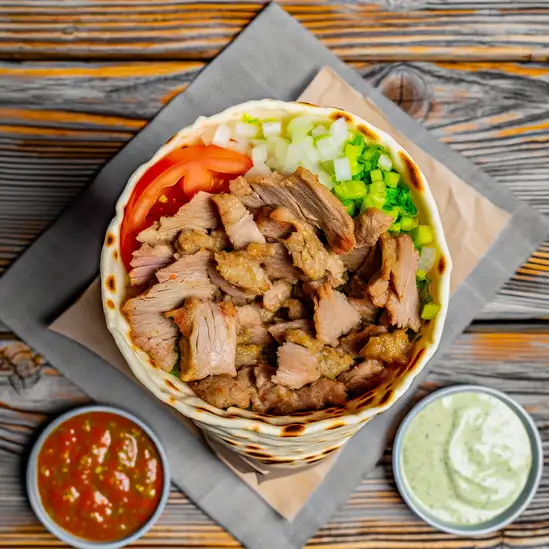
Marinated meat (usually chicken or lamb) cooked on a vertical rotisserie, sliced thin, and served in a wrap or pita with vegetables and sauces.
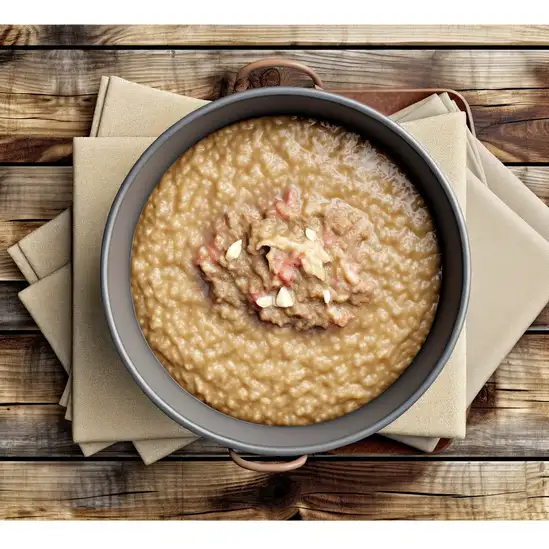
A savory dish made from wheat and meat, slow-cooked to a porridge-like consistency, typically enjoyed during Ramadan.
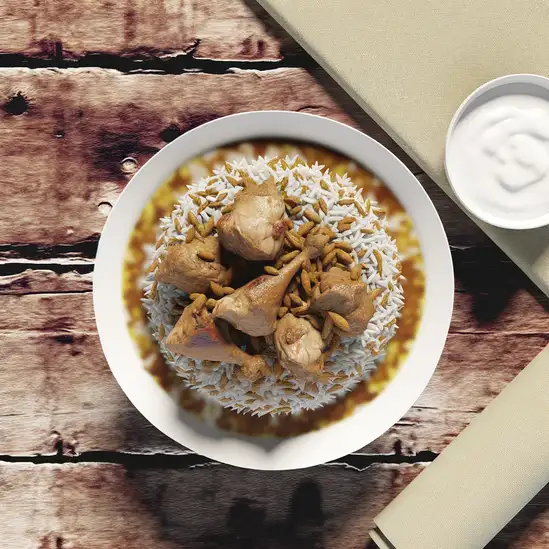
A traditional rice dish made with basmati rice, meat (usually chicken or lamb), and a blend of spices, cooked in a special pot for a rich flavor.
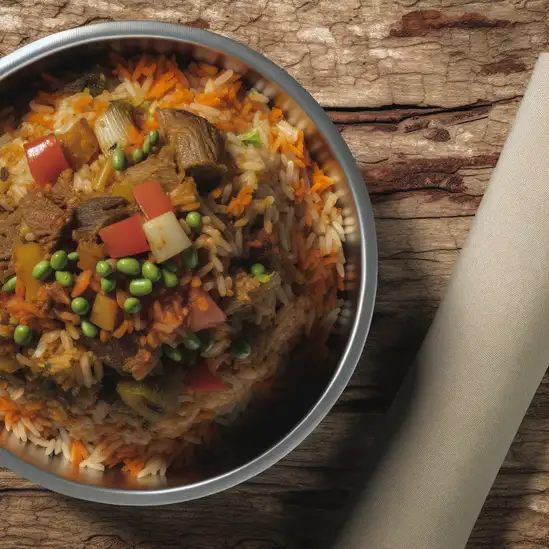
A spiced rice dish that includes meat, vegetables, and a variety of spices, often served with a side of salad or yogurt.
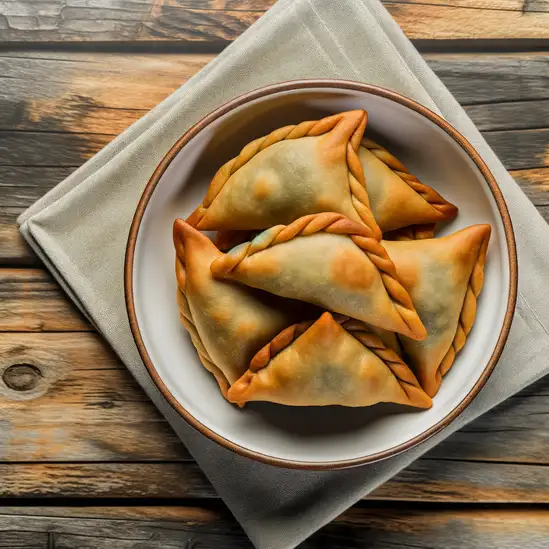
Savory pastries filled with meat, vegetables, or lentils, often enjoyed as a snack or appetizer, especially during Ramadan.
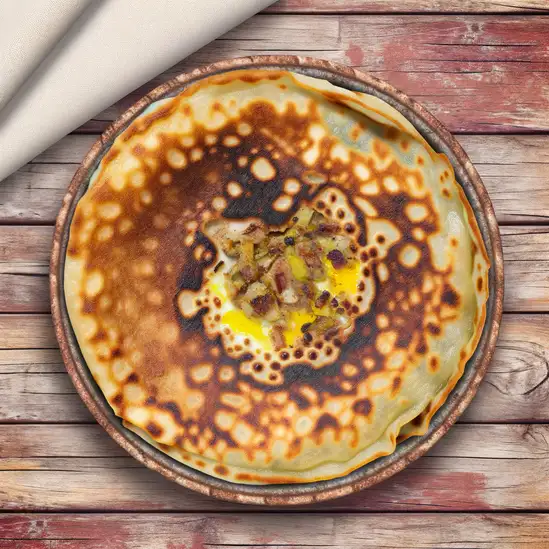
A stuffed pancake that can be filled with a variety of ingredients, including minced meat, vegetables, and spices, then fried until crispy.
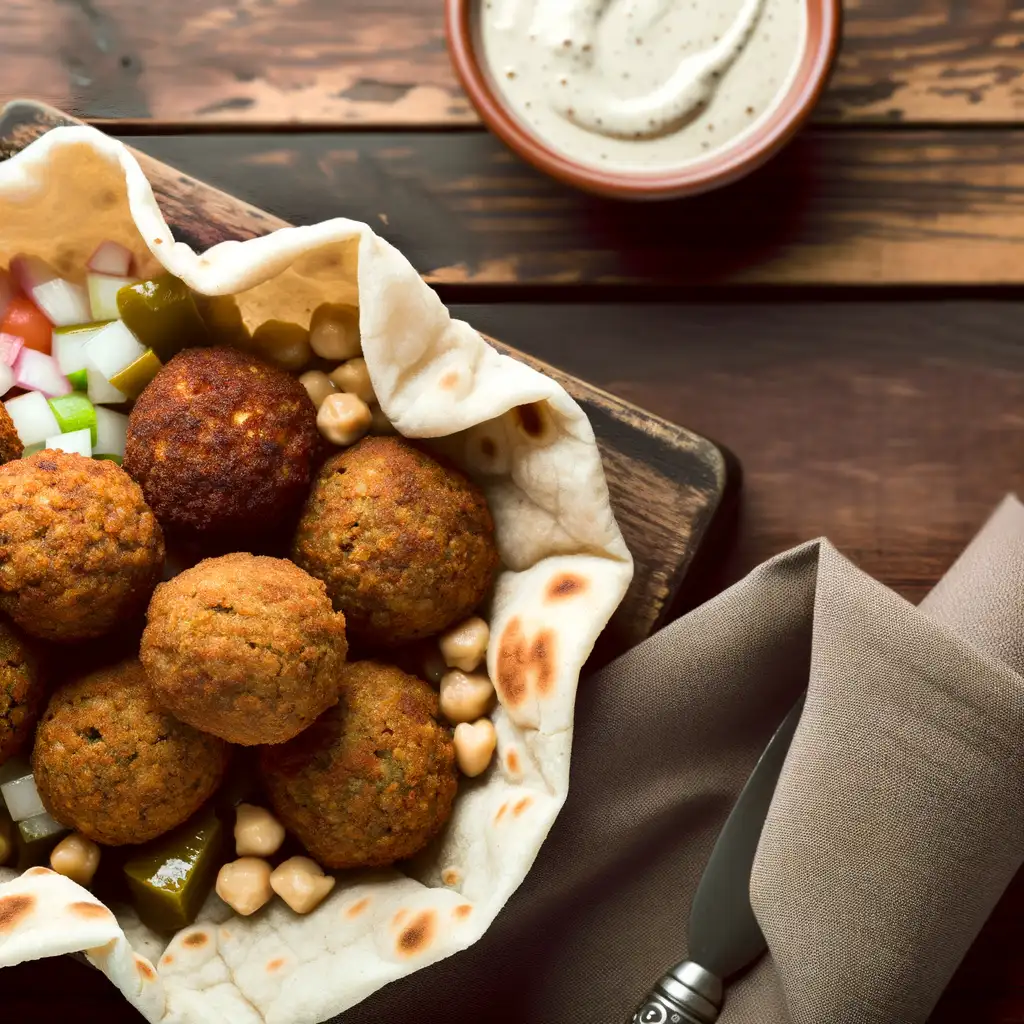
Deep-fried balls made from ground chickpeas or fava beans, often served in pita bread with tahini sauce and vegetables.

A dish made from crushed wheat and meat, cooked until soft and often flavored with spices, served with ghee.
Imagine stepping into a place where the future meets tradition in the most dazzling way—that’s Dubai for you. The moment you arrive,there’s this electric buzz in the air,a mix of ambition and warmth that’s impossible to ignore. Skyscrapers like the Burj Khalifa stretch into the sky,shimmering glass and steel reflecting the golden desert sun,while just a few streets away,you can wander through bustling souks filled with the scent of exotic spices and the chatter of friendly vendors. It’s a city that never feels cold or impersonal,even with its towering modernity.
Walking along the Marina at sunset,you’ll hear the gentle lapping of water against sleek yachts,the distant hum of conversations in dozens of languages,and the occasional call to prayer weaving through the air,grounding you in the city’s rich cultural tapestry. The food scene is a vibrant adventure—imagine tasting freshly grilled shawarma,sweet dates,and rich Arabic coffee,each bite telling a story of the region’s heritage and its global influences.
What really makes Dubai stand out is its fearless spirit. It’s a place where desert dunes meet luxury shopping,where traditional falconry coexists with indoor ski slopes,and where every corner invites you to explore something unexpected. Whether you’re marveling at art installations in Alserkal Avenue or catching the cool breeze on a dhow cruise,Dubai feels alive,inviting you to be part of its ever-evolving story.
Malé is the capital of the Maldives,famous for its stunning tropical islands,crystal-clear waters,and luxurious resorts,offering a perfect getaway for relaxation and water-based activities.
ExploreManama feels like a vibrant crossroads where tradition and modern life dance effortlessly together. The moment you step into its bustling souks,the air is thick with the scent of exotic spices and freshly brewed gahwa (Arabic coffee),while the chatter of merchants and the clinking of tea glasses create a lively soundtrack. Walking through the narrow alleys,you catch glimpses of colorful textiles and intricate handicrafts,each telling a story of Bahrain’s rich heritage.
By day,the city’s skyline sparkles with sleek glass towers,but just a short walk away,you find yourself wandering ancient forts and quiet mosques,their sandstone walls whispering tales from centuries past. The warm breeze carries hints of the nearby sea,and if you head to the Corniche,you’ll feel the gentle splash of waves as fishing boats bob lazily in the harbor. It’s a place where the old world meets the new,and you can savor both with equal delight.
Food here is a celebration of flavors—imagine biting into freshly grilled hammour fish,seasoned with local herbs,or savoring sweet dates dipped in rosewater syrup. The people are incredibly welcoming,always ready to share a story or invite you to try a traditional dish. Manama isn’t just a city to visit; it’s a place to experience,where every street corner hums with life and every moment feels like a warm embrace.
Doha feels like stepping into a vibrant blend of tradition and modernity,where the desert meets the sea in the most unexpected ways. Imagine walking along the Corniche at sunset,the warm breeze carrying the faint scent of spices from nearby souks,while sleek skyscrapers shimmer against the fading light. The city hums with a quiet energy—call to prayers echo softly,mingling with the chatter of locals and the distant hum of luxury cars. It’s a place where the past and future coexist,inviting you to explore both ancient culture and cutting-edge design.
Wandering through the narrow alleys of Souq Waqif,you’ll be enveloped by the rich aroma of frankincense and cardamom,while colorful textiles and handcrafted wares spill from every stall. The lively banter of shopkeepers and the clinking of tea glasses create a warm,welcoming atmosphere that feels deeply personal. Then,just a short drive away,the Museum of Islamic Art stands like a jewel on the waterfront,its architecture as breathtaking as the treasures inside.
What really makes Doha special is its pace—there’s a calm confidence here,a city that’s growing fast but still holds onto its roots. Whether you’re savoring fresh seafood by the water,feeling the soft sand beneath your feet on a desert safari,or simply watching the city lights dance on the bay,Doha invites you to slow down and soak it all in. It’s a place that surprises you,not with loud fanfare,but with quiet moments that linger long after you’ve left.
If you ever find yourself wandering through Muscat,you’ll immediately notice a calm,almost meditative rhythm to the city. It’s not the usual hustle of a big metropolis; instead,there’s a gentle blend of tradition and modern life that feels both grounding and inviting. The air carries a subtle mix of sea salt from the Gulf of Oman and the warm,spicy aroma of frankincense wafting from local markets. Walking along the Corniche,you’ll catch the glint of sunlight bouncing off whitewashed buildings and the soft murmur of fishing boats bobbing in the harbor.
Muscat’s charm lies in its contrasts—ancient forts stand proudly against a backdrop of rugged mountains,while sleek cafes and art galleries hint at a quietly evolving culture. The city’s soul is deeply tied to its people,who greet you with genuine warmth and a readiness to share stories over a cup of sweet,cardamom-spiced coffee. Exploring the winding alleys of Mutrah Souq,you’ll hear the lively chatter of vendors and the clinking of silver jewelry,while your fingers brush against handwoven textiles and fragrant spices.
What really stays with you is the sense of place—Muscat feels like a crossroads where the past and present meet in harmony. Whether you’re savoring fresh seafood by the water or watching the sun dip behind the mountains,there’s a peacefulness here that invites you to slow down,breathe deeply,and soak in the beauty of a city that’s quietly proud of its heritage and hopeful for its future.
Imagine stepping into a place where the sun kisses the desert and the sea sparkles with every shade of blue you can dream of—that’s Sharm el-Sheikh for you. The moment you arrive,there’s this laid-back energy in the air,a mix of warm sea breezes and the faint scent of spices from nearby markets. Walking along the marina,you’ll hear the gentle lapping of waves mingling with the distant chatter of fishermen and the occasional call to prayer,creating a rhythm that feels both timeless and alive.
The city itself is a vibrant blend of cultures,where Bedouin traditions meet modern resorts and lively cafes. You can wander through bustling souks filled with colorful textiles,fragrant incense,and the rich aroma of freshly brewed mint tea. At night,the desert sky unfolds in a dazzling display of stars,and the local music spills out from cozy restaurants,inviting you to savor dishes bursting with flavors—think tender grilled seafood,smoky kebabs,and sweet,sticky baklava.
What really makes Sharm el-Sheikh unforgettable is its connection to nature. Snorkeling or diving in the Red Sea feels like entering another world,with coral reefs teeming with vibrant fish and graceful rays gliding beneath you. Whether you’re exploring the rugged mountains nearby or simply lounging on a sun-warmed beach,there’s a peacefulness here that seeps into your soul. It’s a place where adventure and relaxation dance together,leaving you refreshed and inspired long after you’ve left.
Scammers offer fake or non-existent accommodations online, targeting tourists who book in advance.
Individuals approach tourists asking for donations for fake charities or causes, exploiting their goodwill.
Vendors sell fake or low-quality religious items, such as prayer beads or Zamzam water, claiming they are authentic.
Unlicensed money exchangers offer poor exchange rates or use sleight of hand to shortchange tourists.
Scammers pose as licensed tour guides and offer overpriced or fake tours, often providing little to no value.
Unlicensed taxi drivers or private car operators charge exorbitant fares, especially for tourists unfamiliar with local rates.
The use, possession, and trafficking of drugs are strictly prohibited in Medina and throughout Saudi Arabia. The country has very stringent anti-drug laws, and violations can result in severe penalties, including long prison sentences, heavy fines, and even the death penalty. Tourists should avoid any involvement with illegal drugs to ensure their safety and compliance with local laws.
In Medina, Saudi Arabia, smoking is generally prohibited in public places such as government buildings, educational institutions, healthcare facilities, and public transportation. There are designated smoking areas where smoking is allowed. Tourists should be mindful of these restrictions and look for designated smoking zones to avoid fines or penalties.
Vaping is subject to similar regulations as smoking in Medina. It is prohibited in public places and only allowed in designated areas. Tourists should be cautious and ensure they are in a permitted area before using e-cigarettes or other vaping devices.
What are other people saying about Medina?
Recent Social posts about Medina
There is nothing to show you for now.